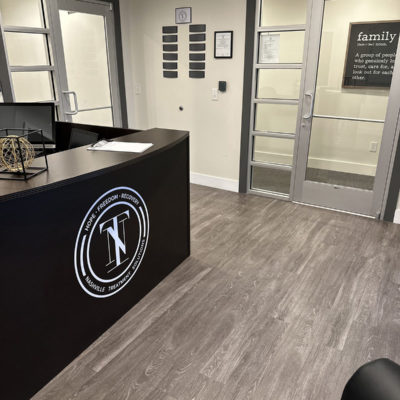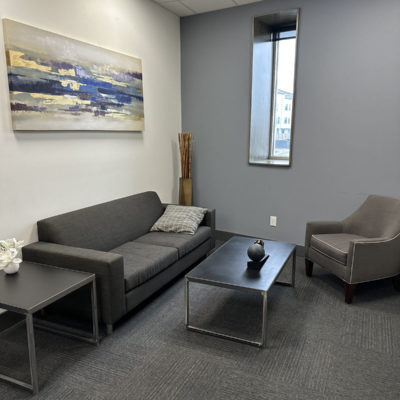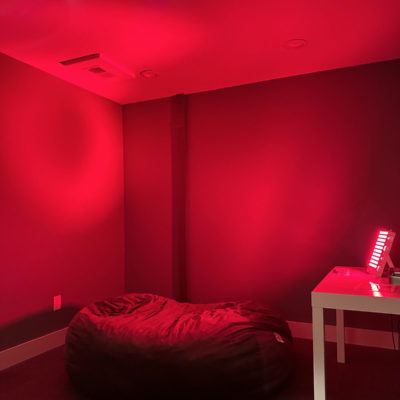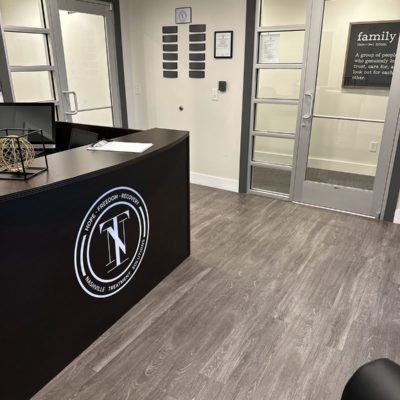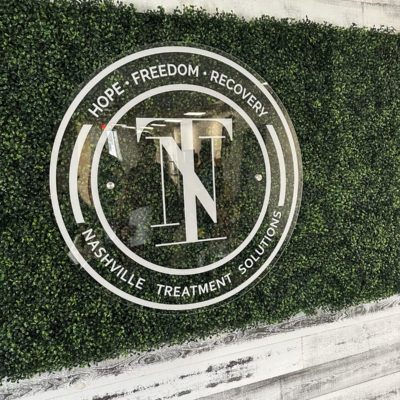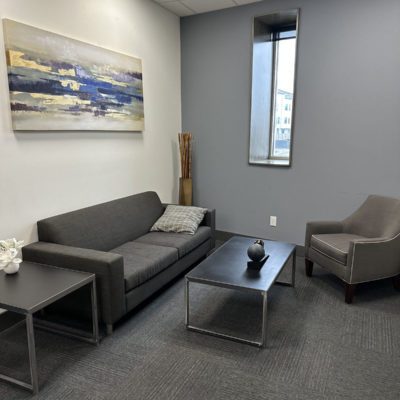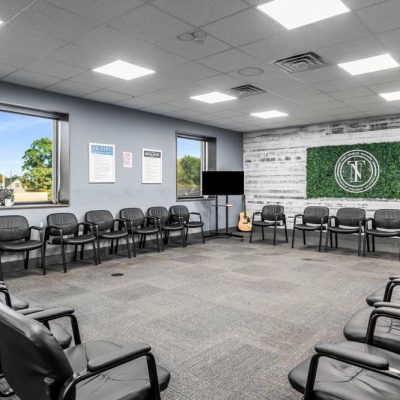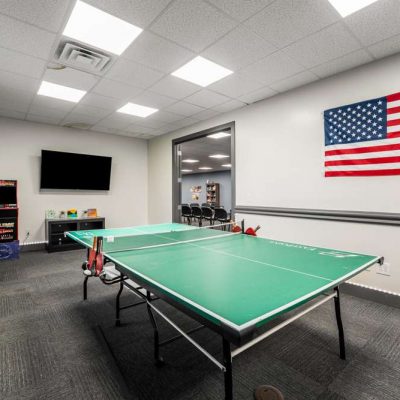How Group Therapy Programs Work
Group therapy is not the same as addiction support groups such as a 12-step program. Both involve the engagement of a group and peer support, but other than that, they are distinct from one another. One main difference is that group therapy always has a psychotherapist or mental health counselor guiding the sessions.
Because it is done in a group setting, group therapy enhances a feeling of connectedness among the members, so people do not feel alone. Empathy, accountability, and support are all part of the work done in this kind of therapy.
Many aspects are unique to group therapy or enhanced by a group model. A few are listed below:
You are not alone. You deserve to get help.
Nashville Treatment Solutions is an industry leader in addiction treatment. Our team of top medical experts specialize in dual diagnosis treatment and are committed to ensuring that each patient is treated as an individual. Call us today, we’re available 24/7.
- Group dynamics – Humans have an instinctive drive to belong to a group. Many with a SUD have been members of social groups that have not served them well. Some believe personal development only takes place in the context of interpersonal relationships. In a cohesive therapeutic group, the sense of recognition and belonging leads to lasting healing.
- Social skills practice – People with SUDs often struggle to interact socially while sober, and the group setting is a supportive space to work on these skills.
- Universal nature of the experience – In group therapy, members feel less isolated as the shared nature of their experiences validates them and increases their sense of self-worth.
- Modeling and imitating behaviors – Some of what needs to happen in therapy are difficult for many people. By seeing others in a group sharing difficult personal information, being vulnerable, exhibiting empathy, and actively supporting others, people can imitate that behavior and thus learn healthy ways of interacting and being.
OUR TAILOR-MADE APPROACH
Group Counseling Options
Therapists who lead therapy groups have a range of stylistic options they can choose from. Which one is used may have to do with who is in each group, the therapist’s philosophy or training, or other factors.
Three common group therapy program options are listed here:
Behavioral therapy groups
Based on the principles of behavioral therapy, for example, dialectical behavior therapy, this kind of group therapy for addiction will focus on identifying triggers, using mindfulness practices to manage stress and cravings, and developing strategies for healthy recovery.
Psychoeducational groups
Founded on the idea that knowledge is power, in this kind of group setting, members learn about addiction, how it works, what it looks like, and move on to focus on individual and shared experiences, and, finally, coping strategies rooted in the empowerment of self-awareness.
Skills-based groups
In some ways, similar to psychoeducational therapy, this model focuses on specific skill-development, using emotional, behavioral, and cognitive strengths to make positive life decisions and avoid or manage risky situations, people, and actions. Sharing this process in a group increases everyone’s access to ideas and strategies.
Find Group Therapy in Nashville!
At NTS, you will have access to addiction support groups and an evidence-based group therapy program. Both will greatly enhance your rehab experience and improve your long-term outcomes.
Let NTS walk you through your options for addiction treatment in Nashville. We offer men’s and women’s rehab, a wide range of proven therapies, experiential and mindfulness options, and more. Call (615) 234-9867 today or fill out our online form to start the conversation. Your recovery is important to us.




